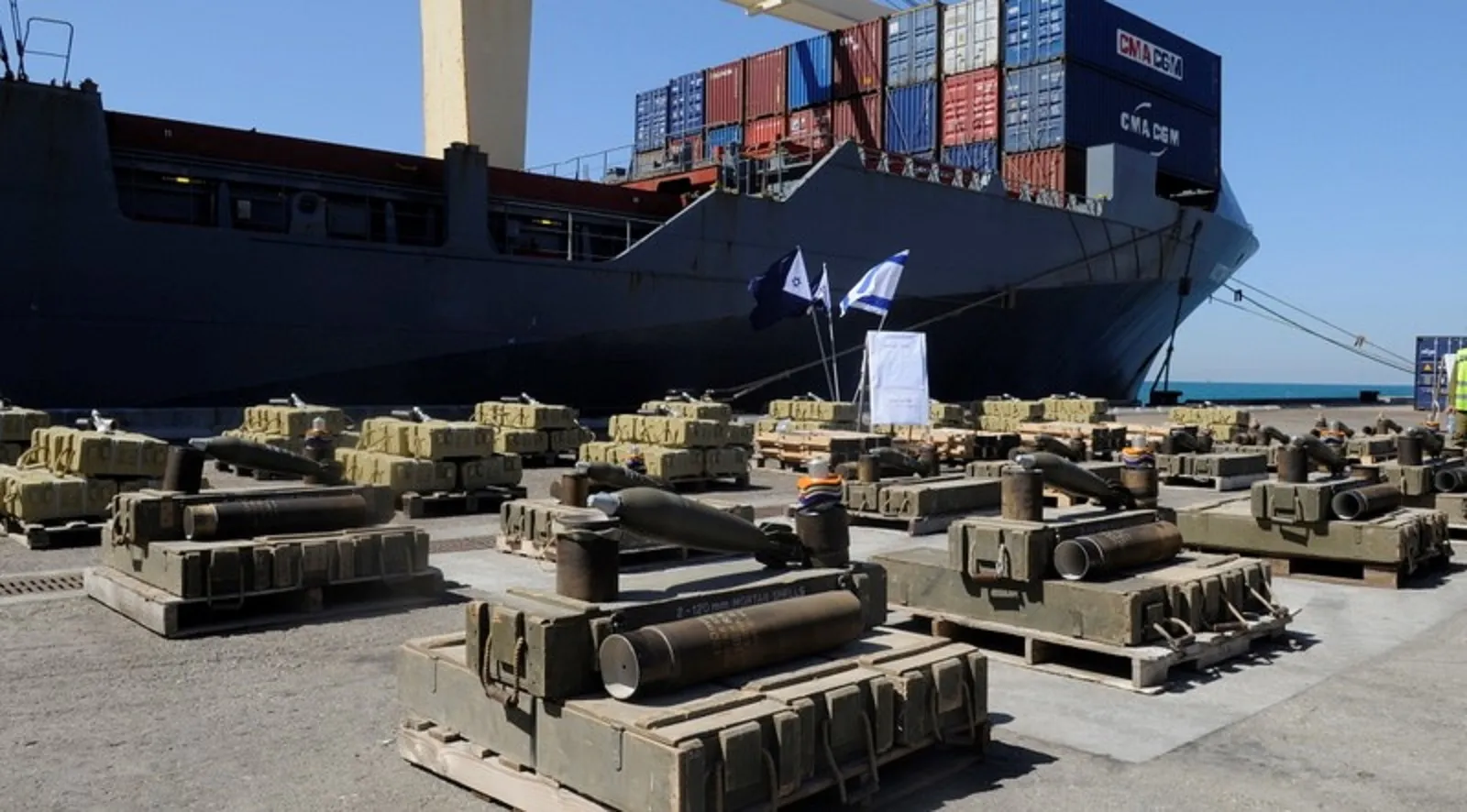A Western defence spending spree may undermine democracies

In April 1953, six weeks after the death of Soviet leader Joseph Stalin, eight years after the defeat of Nazi Germany, and three years before Soviet tanks crushed the Hungarian Revolution, US President Dwight Eisenhower delivered his "Chance for Peace" speech.
Opinions expressed in this commentary are those of the author and do not necessarily represent the institutional position of International IDEA, its Board of Advisers or its Council of Member States.
Eisenhower began by recalling the way that the Allied victory over the Nazi regime had given people hope for a future that was defined by peace and freedom (not unlike the way many people felt after the fall of the Berlin Wall). By 1953, in Eisenhower's view, that bright hope was all but gone. He argued that:
The amassing of Soviet power alerted free nations to a new danger of aggression. It compelled them in self-defence to spend unprecedented money and energy for armaments.
One can imagine speaking almost these same lines a few years hence, merely replacing "the amassing of Soviet power" with "the Russian invasion of Ukraine." One critical difference is that the threat of Soviet power was at that time unrealised; the threat posed by Russian military aggression is now brutally manifested on Ukraine.
The amassing of Soviet power alerted free nations to a new danger of aggression. It compelled them in self-defence to spend unprecedented money and energy for armaments. |
Yet, the danger of a policy response that is short-term and blinkered is as real now as it was then. In the days after the Russian invasion, spending priorities (in Europe in particular) quickly pivoted to short-term military concerns. But we need public policy that . . .
To continue reading this Commentary, please visit the original publishing website: news24 (published on 12 April 2022).




